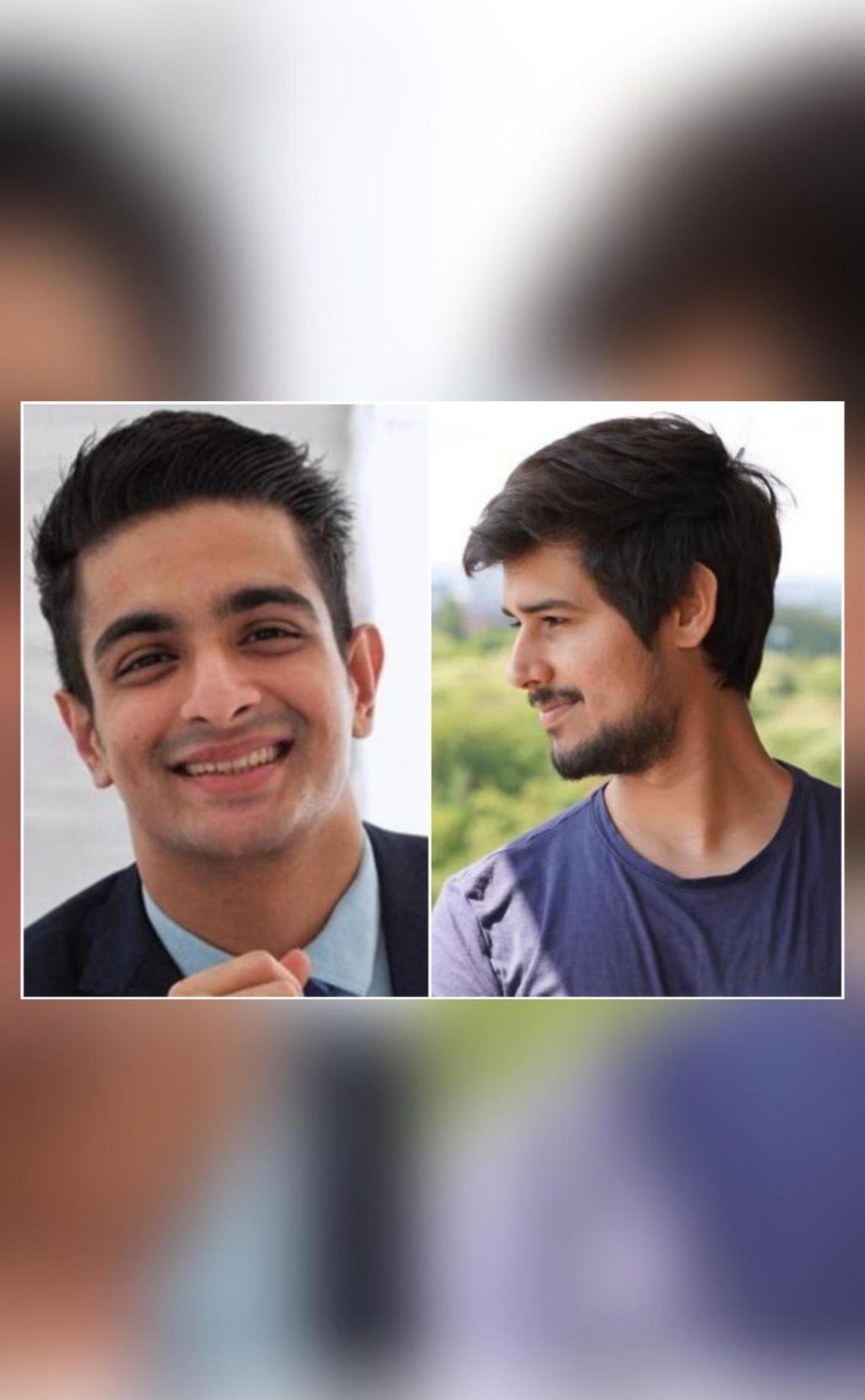
Dhruv Rathee says SC ordering Allahbadia to not leave India is ‘height of stupidity’
In a recent controversy, YouTuber Ranveer Allahbadia was booked by the police for his allegedly offensive remarks during a show titled “India’s Got Latent”. The remarks in question were about “sex with parents”, which sparked outrage among many. In response, the Supreme Court granted Allahbadia interim protection from arrest and directed him to deposit his passport at the Thane police station, prohibiting him from leaving the country without its approval. However, YouTuber Dhruv Rathee has strongly criticized this order, calling it “height of stupidity”.
According to the report, Allahbadia was booked under sections 294 (Obstructing public servant in discharge of public functions) and 506 (Punishment for criminal intimidation) of the Indian Penal Code (IPC) for his comments during the show. The Supreme Court’s order was a result of Allahbadia’s anticipatory bail application, which was granted on the condition that he would deposit his passport at the Thane police station and not leave India without the court’s permission.
However, Dhruv Rathee, a popular YouTuber and journalist, has taken to social media to express his disagreement with the Supreme Court’s order. In a series of tweets, Rathee called the order “height of stupidity” and questioned whether Allahbadia was some kind of criminal who needed his passport seized. He argued that the Supreme Court’s order was unnecessary and disproportionate to the situation.
“Height of stupidity… Is he some criminal? Why seize his passport? What’s the need? He’s not going to flee the country. He’s already surrendered before the court. This is just an attempt to humiliate him,” Rathee tweeted.
Rathee’s criticism of the Supreme Court’s order has sparked a heated debate on social media, with many people expressing their opinions on the matter. Some have defended the court’s decision, arguing that it was necessary to ensure that Allahbadia does not flee the country and avoid justice. Others have criticized the order, saying that it is an unnecessary interference in the freedom of expression.
The controversy surrounding Allahbadia’s remarks on “India’s Got Latent” has sparked a wider discussion on the limits of free speech in India. While many have condemned Allahbadia’s comments as offensive and inappropriate, others have argued that they were a form of satire or social commentary that was intended to spark debate and discussion.
The Supreme Court’s order has also been criticized by some for being overly broad and potentially stifling free speech. By directing Allahbadia to deposit his passport at the Thane police station and prohibiting him from leaving the country without its approval, the court may be sending a chilling message to others who wish to express themselves freely.
In conclusion, Dhruv Rathee’s criticism of the Supreme Court’s order directing Ranveer Allahbadia to deposit his passport at the Thane police station and not leave India without its approval is a timely reminder of the importance of balancing free speech with the need to ensure public order and decency. While the court’s intention may have been to protect the public from perceived harm, its order may have unintended consequences that stifle creativity and self-expression.






